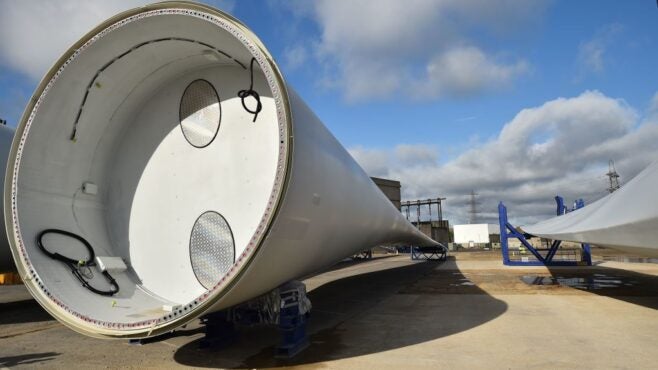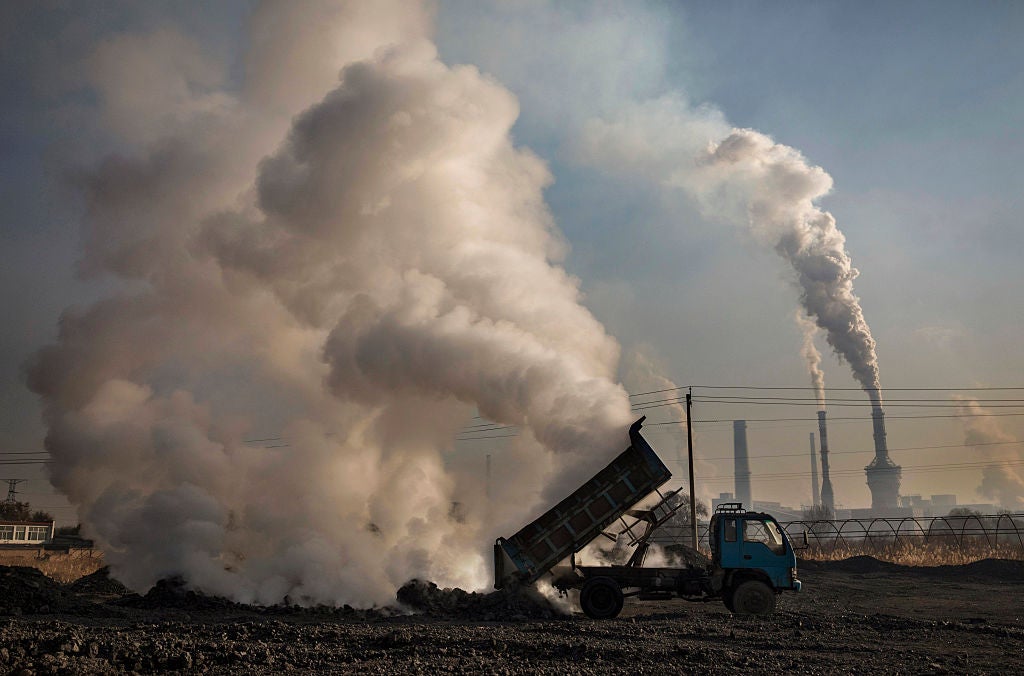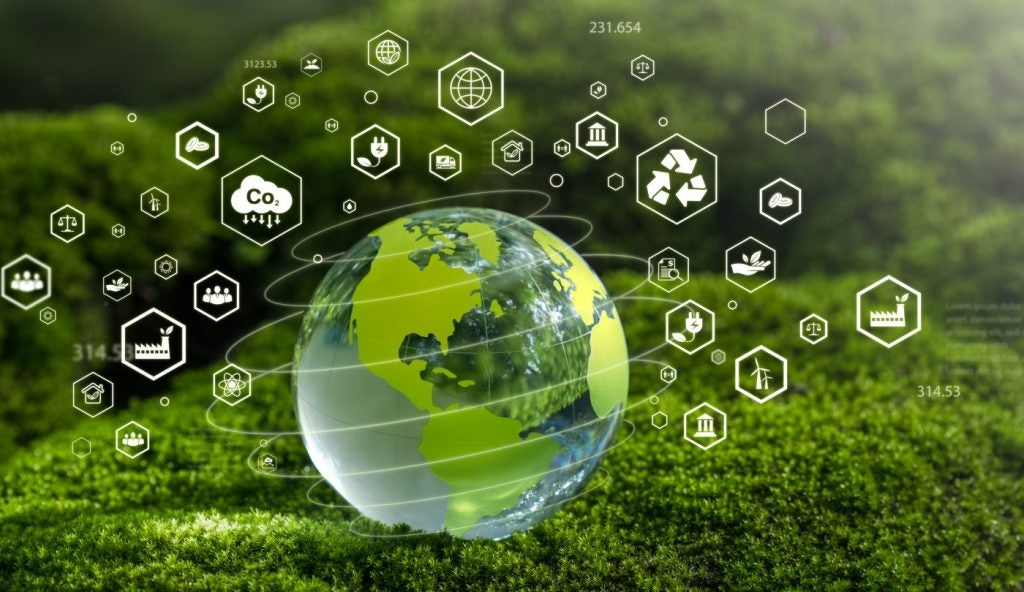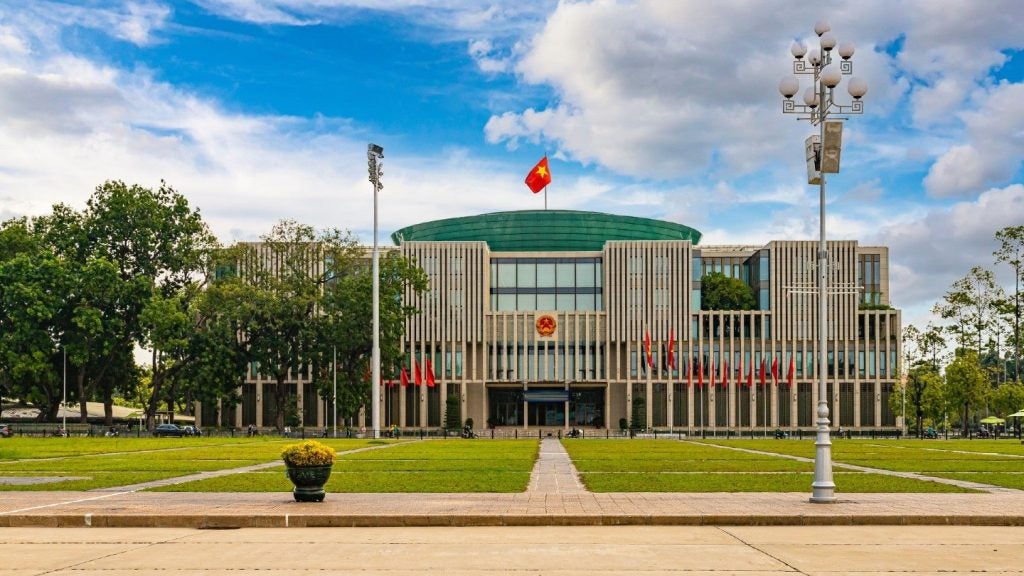Energy has traditionally been a male-dominated field, but that is changing, in particular in the renewables sector. Energy Monitor spoke with Elizabeth Benedict Christensen, lead specialist for global talent management at Danish wind company Vestas, about how the company is valuing diversity in its employment and what the pandemic will mean for the future of work.

It is an exciting time to be in the wind industry. How did you end up working in wind?
My career path has been anything but linear. For anyone wanting to get into wind, you can really think about a step change or lateral move. Every opportunity or experience can upskill you for the next.
As a child in Connecticut, US, I was really interested in the environment, culture and people. That has formulated everything I have done personally and professionally, as well as academically. It is why I chose to go to Europe back in high school, to explore. It is why I chose to do a humanities and social science degree, and to pursue a PhD where I looked at everyday senses of belonging and experiences of inclusion. I have been a researcher and consultant within sustainability, human rights, international development and now, ultimately, wind energy.
For me, it is all about purpose. It is all about sustainability. Sustainability is about making smart choices today for a better tomorrow. I think the red thread through my career and my experiences has been that passion and purpose to make the world a better place. That is why I have ended up in wind, and I have been here for almost four years now.
Energy has traditionally been a male-dominated field. What do you think the typical experience is for women in the wind sector today?
The short answer is it is not the same across the board. It is an interesting question because we do not ask ‘what is the usual experience of men in energy?’. Just as there is no typical experience of men in energy, or any industry for that matter, there is no typical experience of a woman in wind.
Where they live in the world matters. If you take my personal experience, what my life would look like working in wind as a US native, living in the US would be fundamentally different from what my reality is right now. I am a US citizen by birth, and a naturalised Danish citizen, and I have lived in Denmark for well over 12 years. Even though I am a woman working in wind at a Danish company, somebody who lives across the world, in another business unit, from a different religious, ethnic, racial or cultural background will have a different experience.
How well do you really know your competitors?
Access the most comprehensive Company Profiles on the market, powered by GlobalData. Save hours of research. Gain competitive edge.

Thank you!
Your download email will arrive shortly
Not ready to buy yet? Download a free sample
We are confident about the unique quality of our Company Profiles. However, we want you to make the most beneficial decision for your business, so we offer a free sample that you can download by submitting the below form
By GlobalDataWhen we talk about the experiences of men and women we need to consider the richness of diversity. It cuts across not just gender but all those dimensions that shape our experiences and world view. It makes our companies stronger because our decisions are based on a diversity of perspective, experience and expertise.
Do you think having a workplace with that kind of diversity of experience, race and gender is important in a team?
Absolutely. I think diversity is important no matter the company, the industry, the market or the country. It is critical to innovation, research and development, and to making a company stronger. The business case for diversity has been made many times, but we still need more of it, also of life experiences and age.
It is not just about gender. What academic background do you have? We need people working in communications, research, IT, technology, finance, legal compliance, human resources – all of those functions are very diverse in their academic experiences, their projects, their roles. When we look at a company as a whole, we do not question why we need finance, compliance or sales. Just as we need those functions, we need a diversity of experiences and perspectives to build a better company.
Companies can achieve success without diversity, but I would say that success will be limited.
That is a good point – all that diversity brings richness to a team, and I think we are seeing things changing in that respect. Speaking of change, how has Covid-19 impacted workers in the wind industry? Do you think there will be a big change in the future of work?
It is a great question. I think there are two parts to that. First, in the wind sector, we have people working in factories and we have people working out in the field – both of those areas are critical to keeping energy flowing. We know more than ever now that energy is critical for everyday life and functions; for instance, to keep hospitals running.
It is huge kudos to everyone showing up in factories, who keeping producing blades and all the parts that contribute to making a turbine, just as much as it is for everyone working in transport, construction and servicing to get – and keep – those turbines up and running on time. If anyone needs treatment in hospital, they can have it.
These are business-critical and societal-critical roles. The other part is the office workers. Here we have seen a huge experiment in flexible working. For us, going forward, there is going to be more of this. So [we have to discuss], what does that mean? Do people get to choose where they are and how they work?
We also need to talk about diversity in terms of interests and needs. Not everyone thrives working from home. Some people really miss the office. They miss all those social interactions with their colleagues, all of the informal office talk that happens when you are you there. Some people are really struggling right now.
There are also people who are full-time parents, spouses, teachers and employees, and that is a lot to balance. There is no work-life balance for some people right now. Going forward, I think people will realise what they want and need from their work, and their workplace.
This interview is published in conjunction with the GWEC to celebrate International Women’s Day and women working in the renewable energy industry. You can see the video version here.
Other articles in this series:
- Why a diverse workforce would benefit the clean energy transition
- Interview with Amanda Niklaus at Pexapark: Dynamism and innovation in a post-subsidy renewables market (plus video version)
- Interview with Mary Quaney at Mainstream Renewable Power: Putting values first (plus video version)





